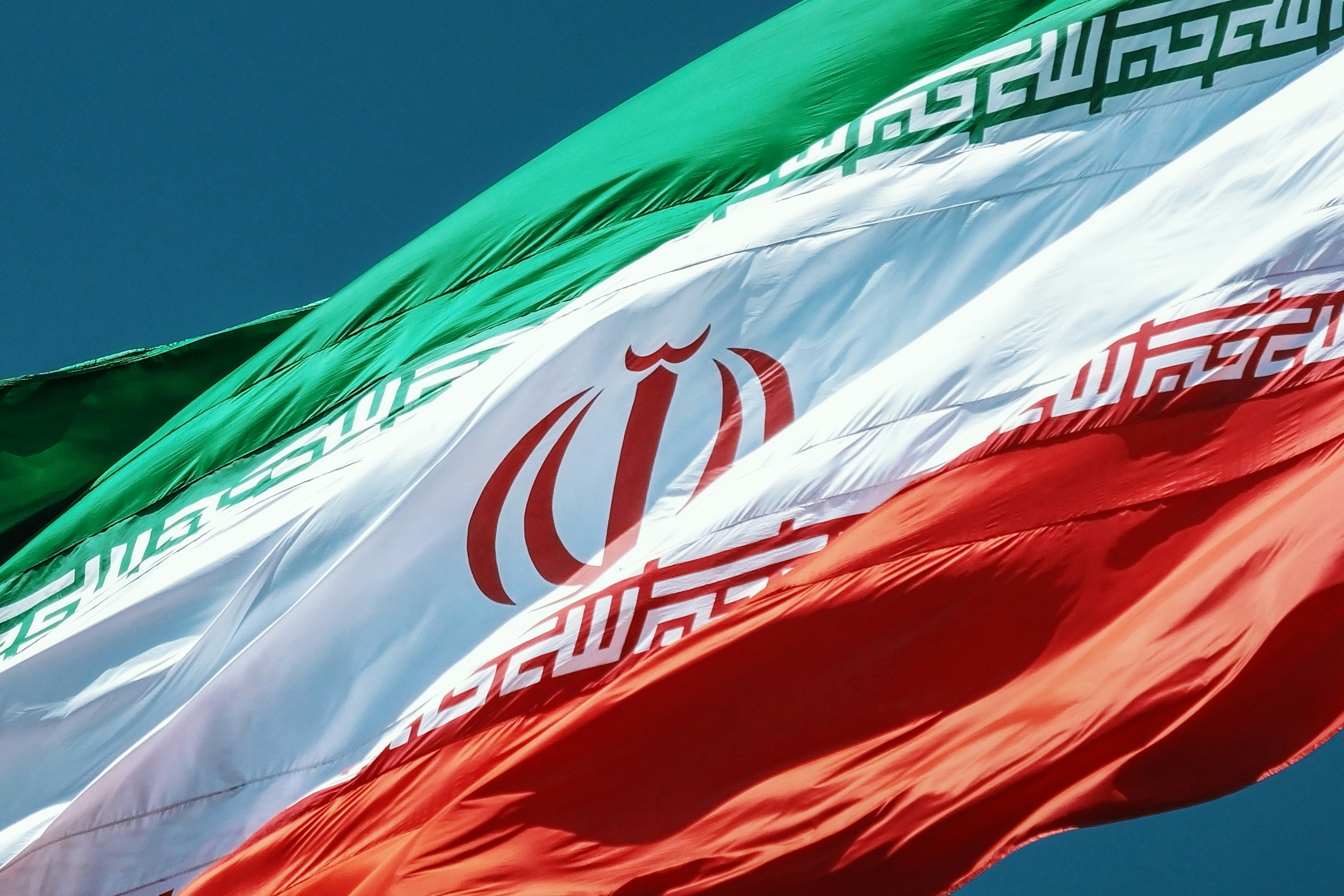Uncertainty Surrounds Iran's Leadership After Presidential Helicopter Crash

In a dramatic and unsettling turn of events, a helicopter carrying Iran's President Ebrahim Raisi crashed during a flight over a mountainous region, resulting in a "hard landing." The president's condition remains unclear, prompting widespread concern and speculation both within Iran and internationally.
Details of the Incident
The helicopter was on an official mission, traveling through a remote mountainous area when it encountered severe difficulties, ultimately leading to the crash. The exact cause of the crash is still under investigation, but rescue teams have been dispatched to the site, facing significant challenges due to the difficult terrain and adverse weather conditions.
Initial reports indicate that emergency responders are working tirelessly to reach the wreckage and assess the situation. The crash site’s inaccessibility has hindered rescue efforts, further adding to the anxiety about President Raisi’s condition and the wellbeing of those on board.
Immediate Political Reactions
The crash has elicited immediate responses from Iranian political leaders and officials. Key political figures have expressed their concerns and are closely monitoring the situation. Government agencies have been mobilized to coordinate the rescue efforts and provide updates to the public.
Media coverage within Iran has been intense, with citizens anxiously awaiting news about their president. The uncertainty surrounding Raisi's condition has sparked a mix of worry and speculation, reflecting the high stakes involved in this incident.
Potential Implications for Iran’s Leadership
The uncertainty surrounding President Raisi’s condition has significant implications for Iran’s governance. If Raisi is incapacitated, it could lead to a temporary power vacuum or necessitate a swift transition of power. Various political factions within Iran might begin to maneuver for influence, potentially leading to instability.
Analysts suggest that the absence of clear leadership could exacerbate existing political tensions and create an environment of uncertainty. The situation calls for careful management to ensure that governance remains stable and that public confidence is maintained.
Broader Political and Economic Context
This incident occurs at a time when Iran is grappling with numerous challenges, including severe economic issues and international pressures. The country's economy has been under strain due to sanctions and internal mismanagement, leading to widespread discontent.
The crash and the ensuing uncertainty could further destabilize the situation, potentially intensifying public dissatisfaction and political infighting. The government's ability to handle this crisis will be crucial in determining Iran's immediate future.
International Perspective
The crash has drawn reactions from around the world. Several countries and international organizations have expressed their concern and offered assistance, highlighting the global significance of Iran's stability. Diplomatic channels are likely to be active as nations seek to understand the implications of this incident for Iran’s leadership and regional dynamics.
The international community is particularly attentive to the updates on President Raisi's condition, given the potential impact on Iran's foreign policy and international relations. The incident underscores the interconnected nature of global politics and the importance of stable leadership in key nations.
Conclusion
The helicopter crash involving President Ebrahim Raisi has plunged Iran into a period of uncertainty, with significant implications for its political future. As rescue operations continue and the world awaits further updates, the focus remains on ensuring stable leadership and addressing the broader challenges facing the country.
This incident serves as a stark reminder of the fragility of leadership and the potential for unforeseen events to shape the course of a nation. Iran’s response to this crisis will be pivotal in determining its trajectory in the coming months and years.
Author: Brett Hurll
The Self-Destructive Nature Of Anti-Tourism Protests: Balancing Resident Concerns With Tourism Benefits
In recent years, anti-tourism protests have become increasingly common across popular tourist destinations. From the Bal... Read more
Military And Strategic Implications Of The Ukrainian Drone Attack In Kursk
On a recent morning, the Kursk region in south-western Russia witnessed an unexpected and significant event: a Ukrainian... Read more
Chinese Tech Stocks Gain Ground Despite Wall Street Technology Sell-Off
Chinese tech shares in Hong Kong gained on Friday, defying a technology stock sell-off on Wall Street, driven by strong ... Read more
Defense Pact Between Britain And Germany: A Focus On Cybersecurity And Joint Operations
In a move set to redefine European defense collaboration, Britain and Germany have signed a comprehensive defense pact a... Read more
US Secret Service Director Steps Down After Trump Assassination Attempt
Security lapses admitted by Kimberly Cheatle prompt resignation.Kimberly Cheatle, the head of the US Secret Service, has... Read more
Kamala Harris Promises A Brighter Future In Official Campaign Launch
In a vibrant and impassioned campaign launch, Vice President Kamala Harris vowed to lead America toward a "brighter futu... Read more

